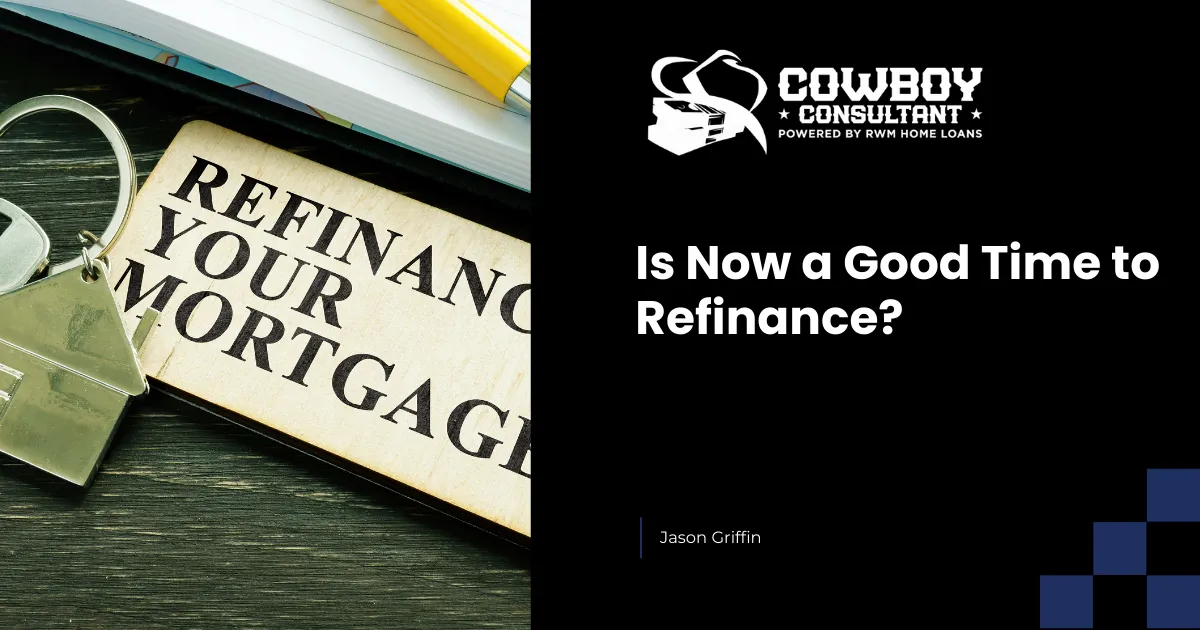
Is Now a Good Time to Refinance?
Consider Your Future Plans
The most important factor in deciding whether to refinance is your long-term plans with the home. If you plan to stay in the home for several years, refinancing could be a great way to lower your interest rate, reduce your monthly payment, or access home equity. However, if you’re planning to move soon, the cost of refinancing may outweigh the benefits.
Calculate Your Break-Even Point
Refinancing isn’t just about getting a lower rate—it’s about ensuring the savings outweigh the costs. To determine if refinancing makes financial sense, calculate the break-even point by dividing the total closing costs by your expected monthly savings.
For example, if closing costs are $5,000 and refinancing saves you $200 per month, your break-even point is 25 months. If you plan to stay in the home longer than that, refinancing could be a smart move.
Use Refinancing to Consolidate Debt
Refinancing can also be an effective strategy for debt consolidation. If you have high-interest debt, such as credit cards or personal loans, a cash-out refinance allows you to use your home’s equity to pay off those balances. This can lower your overall interest rate and simplify your monthly payments.
Other Reasons to Refinance
Beyond lowering your rate or consolidating debt, refinancing can help you:
Shorten your loan term to pay off your mortgage faster.
Switch from an adjustable-rate mortgage (ARM) to a fixed-rate for stability.
Remove private mortgage insurance (PMI) if you’ve built enough equity.
Final Thoughts
Refinancing can be a great financial move, but it depends on your long-term goals, the costs involved, and how much you’ll save. Before making a decision, speak with a mortgage professional to explore your options and see if refinancing is right for you.
Thinking About Refinancing?
Talk to a mortgage expert today to run the numbers and determine if now is the right time to refinance.
References:
Mortgage Refinancing Guide: https://www.consumerfinance.gov
How to Calculate Your Break-Even Point: https://www.investopedia.com
Debt Consolidation with Home Equity: https://www.nerdwallet.com

Copyright 2025 . All rights reserved.
Rates, program terms, fees, and conditions are subject to change without notice. Not all products are available in all states for all amounts. All mortgage applications are subject to underwriting guidelines and approval. Residential Wholesale Mortgage, Inc. dba RWM Home Loans is licensed by the CA Department of Real Estate #01174642 and the CA Department of Financial Protection and Innovation under the California Mortgage Lending Act NMLS #79445. For licensing information, please visit nmlsconsumeraccess.org. By clicking any external and third-party links on this website, you are leaving rwmloans.com.
Company NMLS: 79445 Company DRE: 01174642

